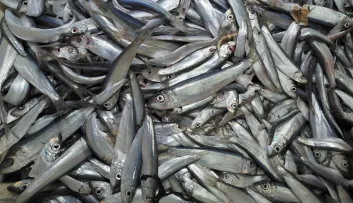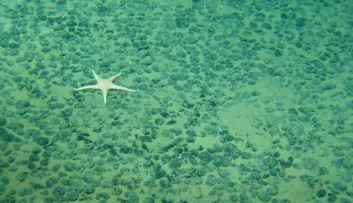Good news from the ocean
Selective breeding to restore coral reefs
Genetic selection is the key to coral restoration.
- 2mn read

A few news items add a positive note to the ocean of information we're reading about the marine environment!
Coral reefs, which are of vital importance for marine biodiversity, are particularly hard hit by climate change, and episodes of coral bleaching, the result of temperature rises in their natural environment, are on the increase. Stressed, the corals expel the symbiotic algae that live in their tissues, lose their colour and eventually die.
However, scientists have found that the same species of coral reacts differently to heat stress: they collected Acropora hyacinthus plateau coral from 17 different reefs in the Great Barrier Reef and placed them in 12 aquariums.
Corals subjected to variations in temperature showed that, although they had the same genetic signature, they did not react in the same way to increases in temperature: some had completely whitened while others lost only 5% of their symbiotic algae.
The environment in which these reefs live is important: corals in the north of the Great Barrier Reef, which live in warmer waters, have already reached their tolerance limit to temperature rises, compared with corals living further south.
Scientists recommend taking these differences into account when restoring reefs by favouring selective breeding of the most resistant corals and studying their genetic differences.
Sources : Southern Cross University, Nature
Photo : MDC Seamarc Maldives - CC BY-SA 4.0 / Wikimedia


